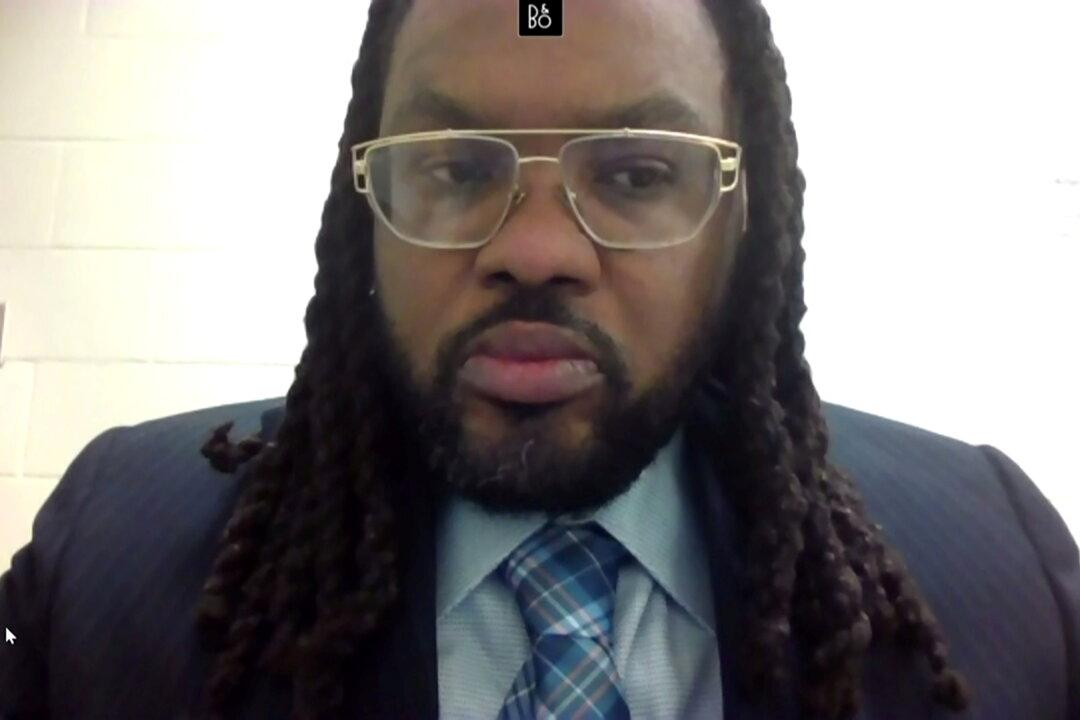The man who was in a car with George Floyd on the day that Floyd died described in detail last year Floyd’s demeanor and taking of drugs, but those statements will not be allowed to be shown to the jury in the trial of former Minneapolis police officer Derek Chauvin.
Morries Hall will appear in court on Tuesday but the answers he gave to law enforcement on June 2, 2020, after being apprehended in Texas are not admissible in Chauvin’s trial, Hennepin County Judge Peter Cahill ruled on Monday.





